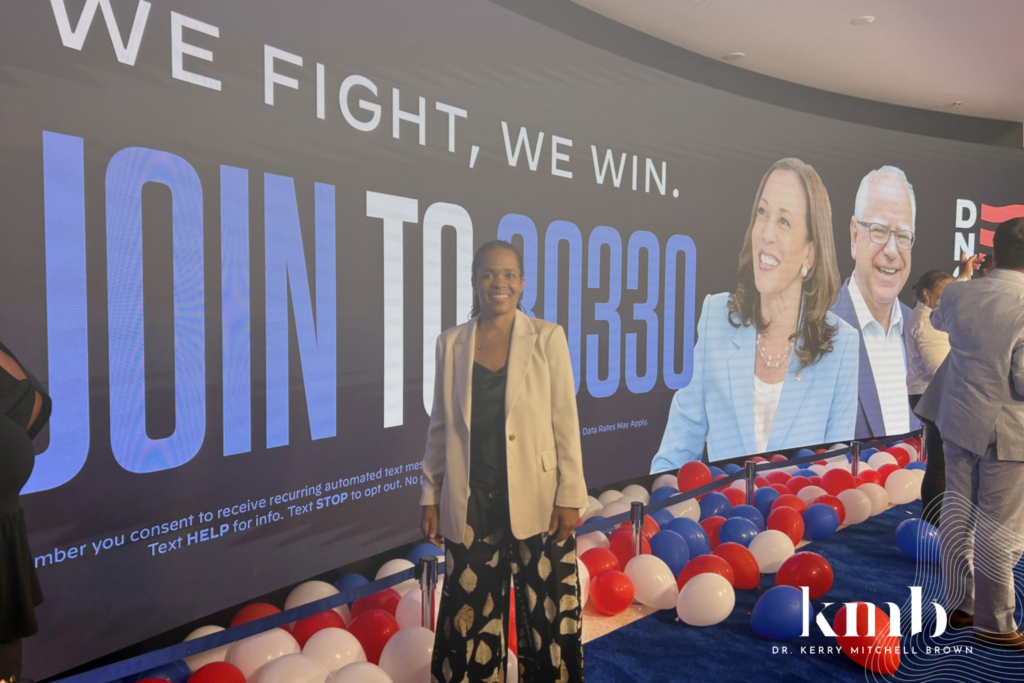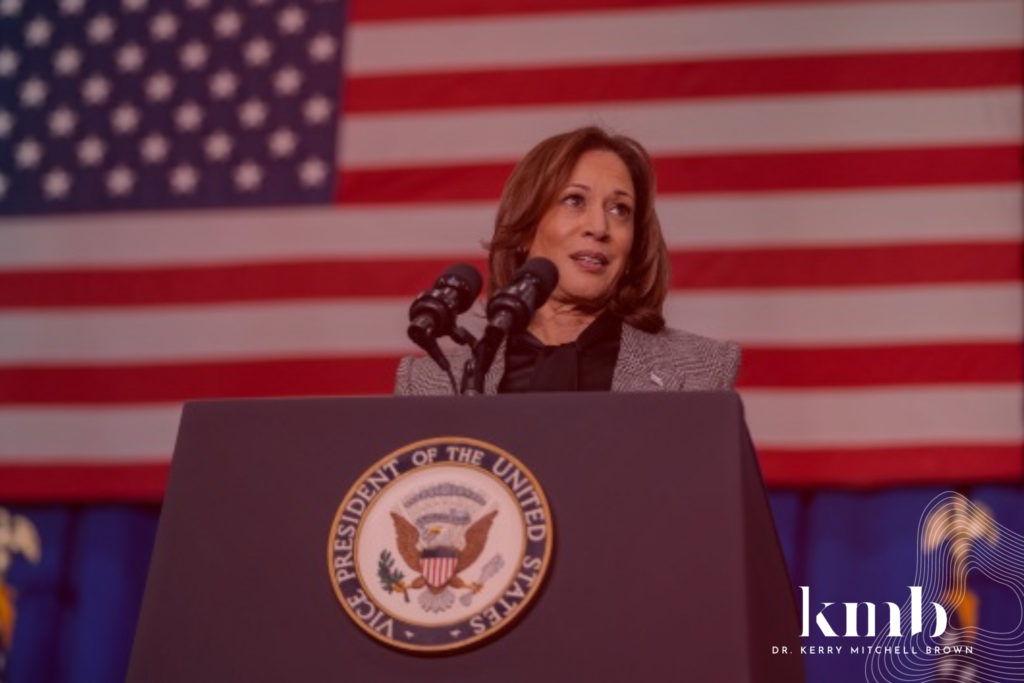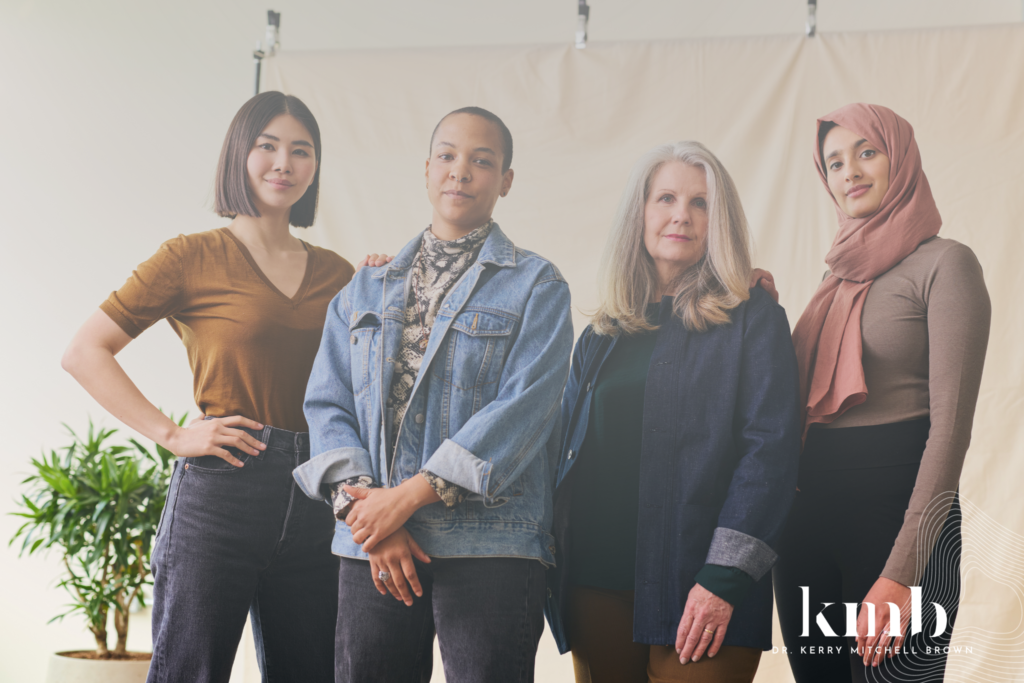In today’s rapidly evolving business landscape, bolstering diversity and inclusion within the workforce is not just a moral obligation but a strategic necessity. Despite the troubling trend of rollbacks and disinvestment in diversity initiatives, the business case for a diverse workforce remains strong and compelling. Organizations that commit to tangible action to ensure underrepresented groups are heard, supported, and promoted are better positioned to innovate, solve complex problems, and drive overall success. Here, we explore some of the tangible actions companies can take centered on the undeniable value proposition of diversity and inclusion. Moving Beyond the Performance of Equity Many companies still lack significant representation of Black women and other people of color in leadership roles, which continues to impede organizational growth and innovation. This lack of representation is a missed opportunity not only for equity and justice but also for a broader range of perspectives and ideas in business development. Token efforts and performative gestures are insufficient to address the deep-rooted issues contributing to underrepresentation. It is a significant leap from committing to taking action to taking action—but there is a dire need to shift from mere compliance to creating genuinely inclusive practices. This requires recognizing and confronting the structural barriers that hinder the progress of Black women and other marginalized groups. Tangible Actions Leading to Organizational Success Real progress requires tangible actions and a steadfast commitment to equity initiatives. Organizations must implement and rigorously uphold policies that foster equity across all levels. Central to this mission is cultivating an inclusive culture where everyone feels valued and respected. Cultural Shifts and Equity Initiatives: Diversity and inclusion can only be effective if they are ingrained in the organization’s cultural fabric. This involves reevaluating hiring practices, ensuring equitable pay, and creating a supportive environment where diverse voices are heard and respected. Companies actively promote cultural shifts by celebrating different backgrounds and experiences, which, in turn, enrich the workplace and drive creativity. Professional Development and Capacity Building: Sustained success requires investing in the professional growth of underrepresented groups. Mentorship programs, leadership training, and educational opportunities tailored for minority groups are vital for uplifting talented individuals who might otherwise be overlooked. Capacity building is not a one-time initiative but an ongoing practice that supports career advancement and personal development. Value Proposition and Organizational Success: Significant benefits accrue to companies that successfully embrace diversity. The varied perspectives of a diverse workforce enhance problem-solving and innovation. When employees of different backgrounds collaborate, they contribute unique ideas that lead to more comprehensive and effective outcomes. This diverse thinking directly drives organizational success, allowing companies to remain competitive in a dynamic market. Problem-Solving with Diverse Teams: Diverse teams are adept at addressing complex challenges because they can view problems from multiple angles. With diverse leadership, organizations harness a range of approaches to decision-making that can lead to more innovative and effective solutions. This diversity in thought is essential for navigating the complexities of today’s business environment. Road to Actionable Solutions To truly harness the benefits of a diverse and inclusive workforce, organizations must transcend tokenism and adopt actionable solutions, such as setting clear diversity targets, regularly measuring progress, and holding leadership accountable for meeting these goals. Transparent communication about diversity efforts and achievements also strengthens commitment and trust within the organization. Partnerships with external organizations specializing in equity and inclusion, like KMB, can provide valuable insights and resources, helping companies implement best practices and stay informed about the evolving landscape of workplace equity. The Benefits of a Diverse Workforce The business case for diversity, equity, and inclusion is compelling and clear: a diverse workforce is essential for organizational success. By committing to undertake actionable solutions, companies can address underrepresentation, drive positive cultural shifts, and ultimately create an environment where every individual can thrive. Diversity, equity, and inclusion are ethical imperatives and strategic advantages. They pave the way to a more innovative, resilient, and competitive organization. Companies that double down on the profound value proposition of diversity, equity, and inclusion and make them integral to their business strategy position themselves for long-term success.





